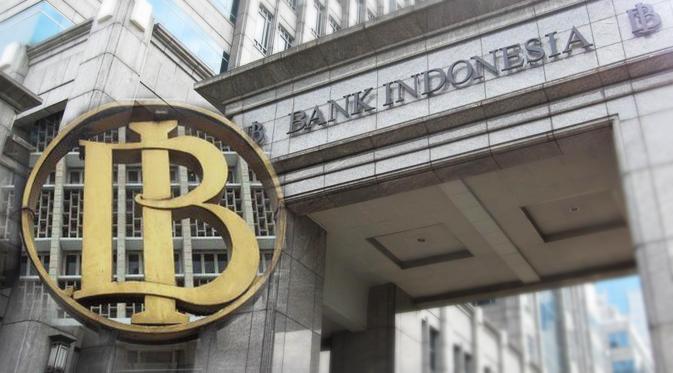Bank Indonesia (“BI”) has recently introduced New Regulation* to strengthen financial data policies. Its primary objectives are to stabilize the Indonesian Rupiah, maintain payment system integrity, and contribute to overall financial system stability—ultimately fostering sustainable economic growth. This regulation signals a shift toward a more stringent compliance framework, requiring businesses to adapt not only to meet regulatory obligations but also to ensure long-term resilience.
At its core, the New Regulation establishes guidelines for the acquisition, processing, and dissemination of financial data and information by BI. The New Regulation defines data and information as follows:
- Data: a record of a collection of facts or descriptions in the form of numbers, characters, symbols, pictures, maps, signs, gestures, writings, voice, and/or sounds, which represent the actual situation or indicate an idea, object, condition, or situation;
- Information: a basic data or a collection of data that has been processed, organised, and interpreted so that it has meaning and relevance that is presented in various packaging and formats.
Under its legal authority, BI may require individuals, business entities, government ministries, institutions, and international organizations to provide data and information. To acquire this data, BI employs various methods, including surveys, reporting mechanisms, cooperative arrangements, direct requests, and direct access protocols.
Once acquired, BI undertakes a rigorous processing phase to ensure the accuracy and usability of the data. Following this, BI may disseminate the processed data and information to relevant external parties.
*BI Regulation No. 12 of 2024 concerning Data and Information Policy, effective as of 31 December 2024




